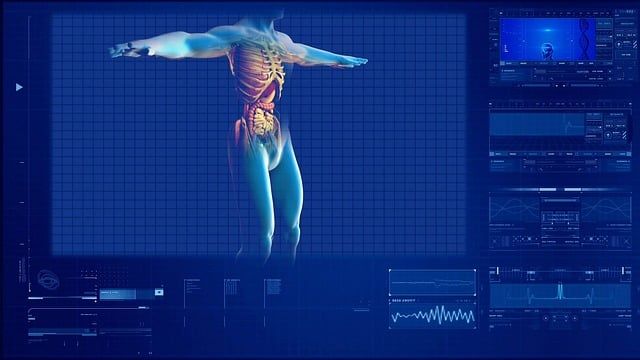 |
|---|
Is it truly enough to live and have one functioning kidney is a matter of medical wisdom and personal opinion. Throughout human evolution, the body was equipped with two kidneys, organs regarded as the main filtering agents of the blood, having the ability to clear the waste products and control fluid balance. Nevertheless there are conditions that require one of the kidneys to be removed either lump in pregnancy or disease, that led to question of the efficiency of living with a single renal unit.
While biologically the human body is really good in conditioning itself to the absence of one kidney. The efficient kidney, in turn, may enlarge its size and filter the blood more efficiently. It is how the remaining kidney increases in size and filtration efficiency due to the additional workload that needs to be performed. In most cases adapting to this kind of conditions, solitary kidney of affected individuals is able to sustain normal kidney function and the well being in general.
Several research have evaluated the ability of people with one kidney to get through the difficulties. Donors who are selfless and willing to give away one of their kidneys for transplant can serve as an example of how the remaining healthy reserve of the body can be able to thrive with reduced kidney function. On the other hand, the progress achieved in surgery and aftercare in postoperative care has remarkably decreased the risks associated with singly functioning kidney and now confirms the effectiveness of life with single kidney.
 |
|---|
Yet unlike human body's capability to adapt that could happen, we must not forget the existence of the limitations and the questions of what it could be like living with one kidney. People with one functioning kidney have to go through high risk of kidney disease, hypertension and proteinuria, which make periodical monitoring indispensable together with taking preventive healthcare measures.
Going farther than the scope of the medical discussion, the query of whether one kidney is sufficient touches not only on basic physiological matters, but also on the more sophisticated issues of the human strength, the altruism, and the intricacy of the human biology. However, the permanent renal insufficiency carries a nonnegligible risk and physicians should make adequate informed consents about the potential drawbacks and the patient’s own values, which are always decisive in the long run.